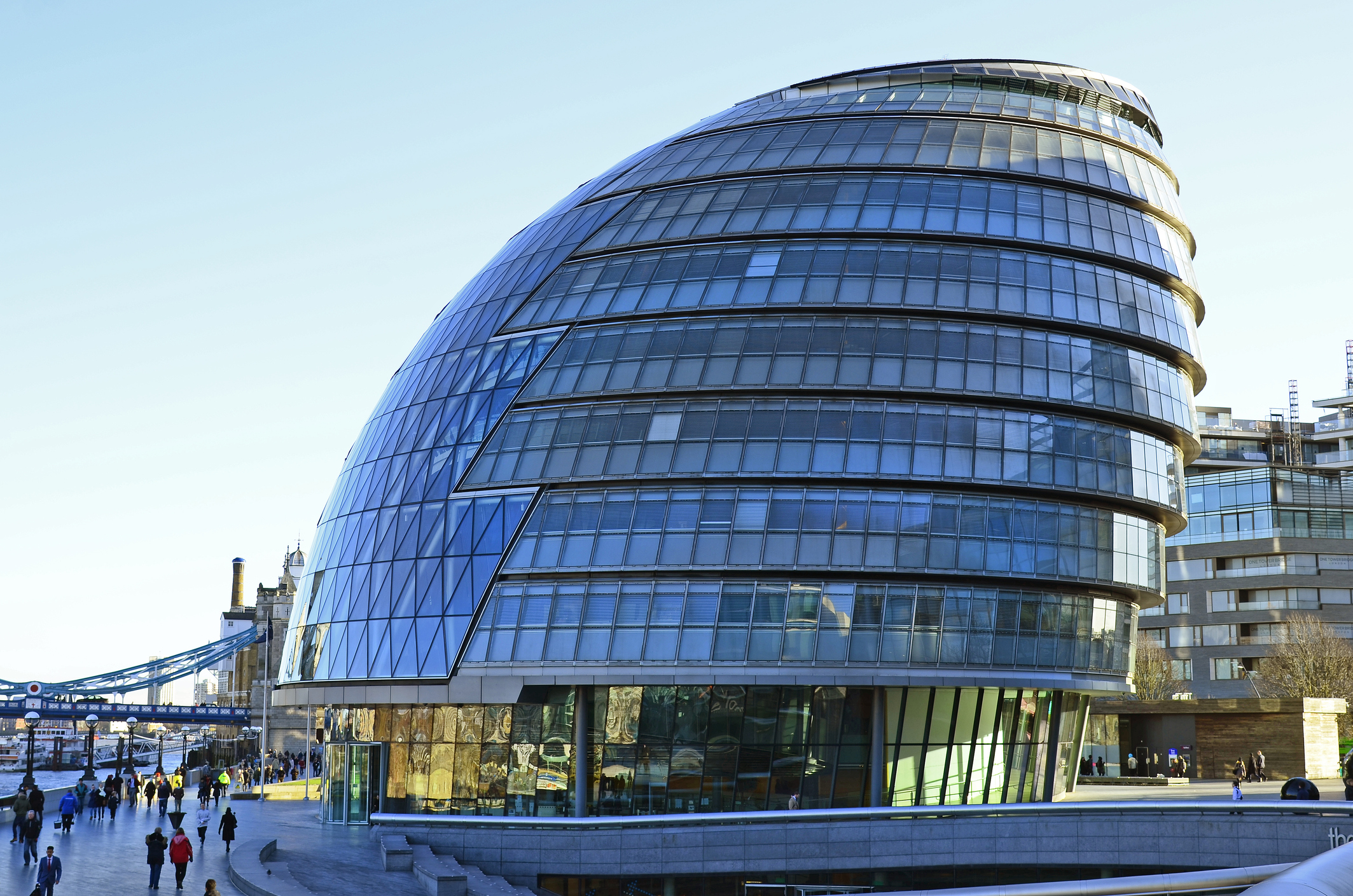Is London in crisis? That was the theme for the Centre for London’s annual conference this year, and a question that was put to each of the four main candidates competing to be the next Mayor of London.
For some, the answer was a clear yes — with Conservative candidate Susan Hall pointing to the Met Police being under special measures as emblematic of this. Meanwhile, Liberal Democrat candidate Rob Blackie said that although the city is not in a crisis per se, it has been “wounded by the events of the last few years”.
Other candidates resisted the framing of the question entirely. Current Mayor and Labour Party candidate Sadiq Khan argued “the short answer is no” — while Green Party candidate Zoe Garbett was quick to move on to talking about solutions.
Out of all four interviews emerged common themes about the challenges facing our capital city. From unaffordable housing and the rising costs of living, to the need for greener transport infrastructure and loss of confidence among Londoners in the Met Police. Yet each candidate approached these challenges differently — pointing to different sources of the problems and advocating for different solutions.


On the topic of housing, Khan wasn’t shy about shining a light on the successes of his last two terms as Mayor, pointing to the fact that more council homes have been built in London over the last seven years than since the 1970s. Yet despite this, he still argued that housing is the “biggest challenge facing our city” and called on central government to supply more funding to deliver the homes that London needs.
Meanwhile, Hall put the blame of the shortage of housing in London at Khan’s feet, arguing that funding from the government is not the problem. She said she wants to see the London Plan “opened up” to build more family homes and that as Mayor she would look to find the “nooks and crannies around London where we can actually build and get a move on with it”.
When asked about the contradictions between the pro-housebuilding attitudes of national Liberal Democrat Party and the sometimes NIMBY tendencies of its councillors, Blackie pointed to Kingston Council’s Cambridge Road estate regeneration scheme which he argued has been brought about through good community engagement.
The relationship between the Mayor and local communities was also hot on the minds of the candidates.
For Hall, the expansion of the Ultra Low Emission Zone (ULEZ) to outer London symbolised a breakdown in that relationship, asserting that the communities in outer London were not listened to, and that as Mayor she would reverse the expansion on day one.
Garbett made a passionate argument for giving people more power over their own lives — claiming that as Mayor she would “do democracy differently” by using citizens assemblies to give Londoners more of a voice.
Whilst Garbett called for more power for citizens, other candidates called for greater powers for the Mayor. London’s devolution deal might have paved the way at the turn of the millennium but arguably it is no longer fit for purpose. With the establishment of the Combined Authority model in particular, arguably in some ways London is outflanked in terms of its autonomy to govern itself.
Blackie described health and infrastructure as “the obvious places to start” with a new devolution deal. Meanwhile Khan focused on fiscal devolution – pointing out that London keeps just 7 per cent of taxes raised in the city, versus 50 per cent in New York, or 70 per cent in Tokyo.
We also asked candidates about their relevant experience for the role of Mayor of London. While incredibly varied, none of course could compete with Sadiq Khan’s 8 years of doing the job. Zoe however did flag her relevant public sector experience, couched in a wider point around political experience not being the only suitable background to get into politics. She of course though, has both as a current Hackney Councillor.
A re-election would see Khan become the first London Mayor to serve three terms. His experience in post gives him the advantage of a track record to point to, but will Londoners want a change? Or will the possibility of a Labour government winning the next general election to work in tandem with a Labour mayor entice the electorate? Khan certainly seemed to think so. Questions were riased by other candidates about the extent to which Khan has been as strong a regional leader as the likes of Andy Burnham and Nicola Sturgeon in recent years.
Hall’s campaign has shown she’s not afraid to come out strong on promising substantial change from the status quo. She has a long track record of local government – both in Harrow and on the London Assembly – and, despite her vocal critiques of the current Mayor, put emphasis on her ability to work cross-party. But as a city that feels politically further away than ever from the chaos in Westminster, would Londoners trust her Conservative Mayoralty to be any different?
Blackie has a long history of campaigning for the Liberal Democrats and he pointed to the successes of his party in influencing Khan to introduce the hopper fare and the scrutiny they provided of Boris Johnson’s Garden Bridge. Meanwhile Garbett’s background in public sector delivery in the NHS paints her as a different kind of politician. But with the switch to a first-past-the-post voting system, what will this mean for their chances of polling success?
No matter who next occupies City Hall, what London needs is for a Mayor who can re-energise London, reset its relationship with the rest of the country, and pave the way for our city’s future economy to be resilient, low carbon and cohesive. The race is on to discover who Londoners feel that should be — watch this space!
Politics.co.uk is the UK’s leading digital-only political website, providing comprehensive coverage of UK politics. Subscribe to our daily newsletter here.

